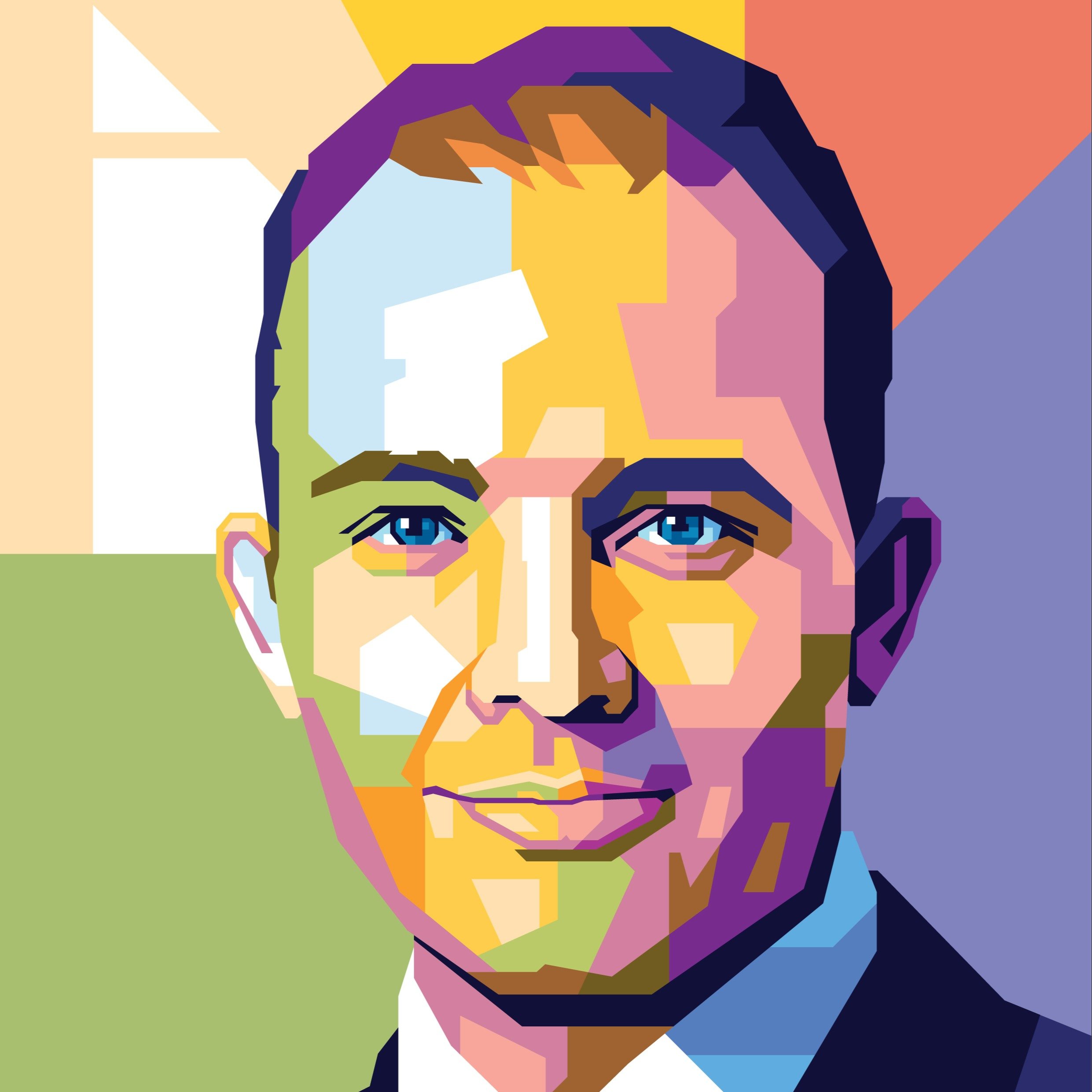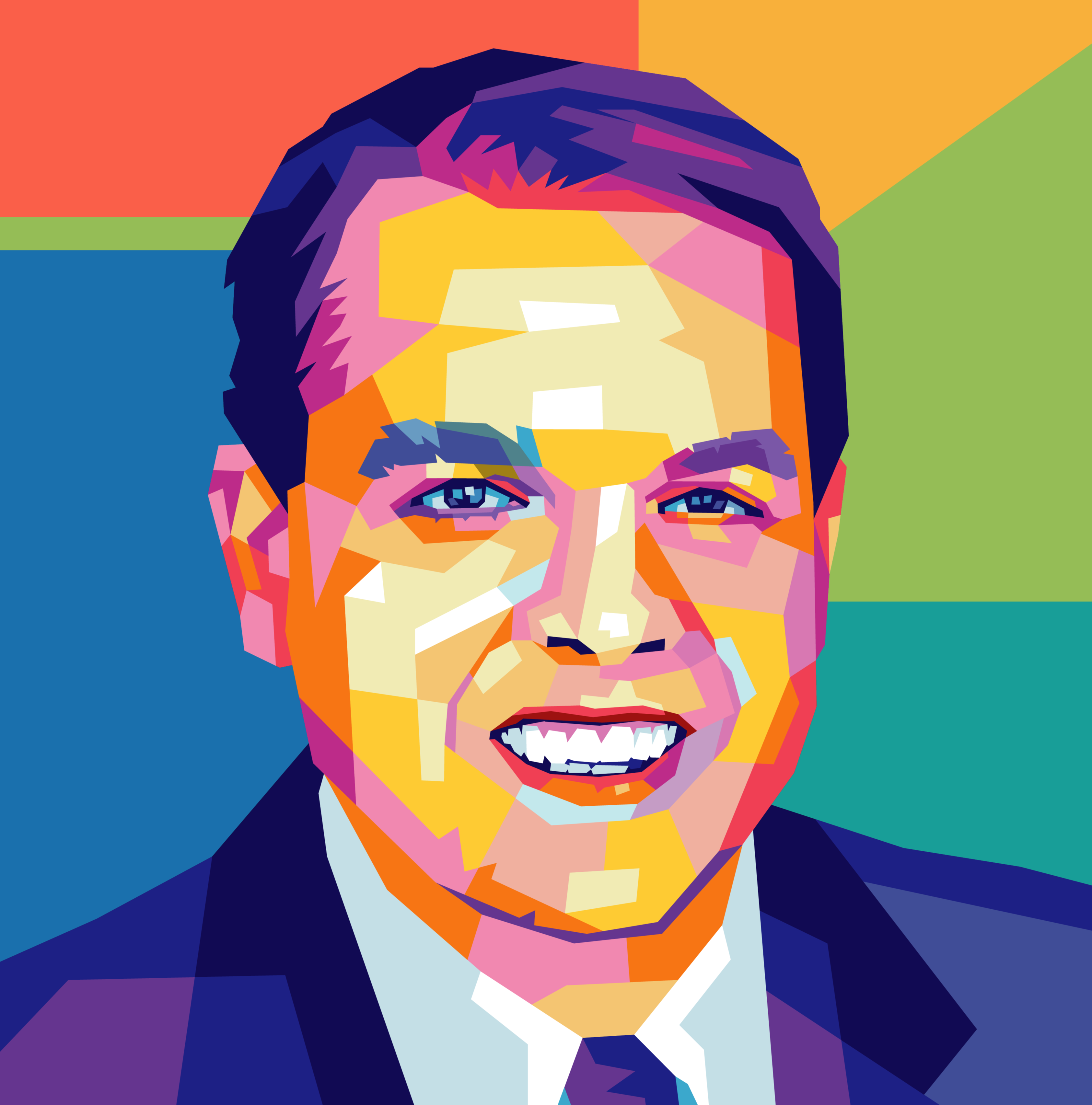The early days of wealth tech began with financial advisors integrating basic digital tools like document scanning and email into their practices.
Today, the industry is abuzz with discussions on artificial intelligence, quantum computing, and advanced analytics, illustrating the rapid pace of technological advancement over the past two decades.
How will these technological advancements fundamentally alter the business models of wealth management firms?
At the 20th anniversary of T3, I sat down RFG Advisory's Jordan Hutchison to reflect on the evolution of wealth technology and its implications for the future.
Hutchison acknowledged the accelerating pace of change and emphasized the necessity for firms to not only adapt but to embrace this evolution. He pointed out that the roles and titles within companies are shifting rapidly, and the industry must become comfortable with, and even lean into, this constant change to remain relevant and competitive. Click on the video to watch the entire interview.

Transcript:
Suleman Din: Jordan, thank you so much for joining me today. Here at T3, the event is celebrating its 20th anniversary, an incredible milestone. Obviously, what do you think about where the beginnings of wealth tech were? People were scanning documents and worried about, how do I email? Should I email people? To where we are today, talking about AI, quantum, analytics, and so on and so forth. It's an incredible timeline of evolution.
Jordan Hutchison: For sure.
Din: Now, I'm thinking about the next 20 years ahead, and the T3 in 20 years from now, I don't know what we are gonna be talking about. I wanted to understand, for wealth management firms, we've been talking a lot about technology and how they will use it, but how will technology really alter the business model that they, as a company, center around? I was hoping that we could talk a little bit about that, Jordan. What things that you're seeing that are happening now, and how do you think they might play out?
Hutchison: I love the conversation and 20 years is a long time, but there's so much changing, and I think even the rate of the speed of the change is speeding up and going faster and faster every few years. Even the titles and roles that some of these companies have are significantly changing at such a higher rate. I think that being comfortable with that change, and even leaning into it, is something that is going to have to be part of our industry as a whole.
Din: What kind of adjustments do you see businesses doing right now in terms of the business model that they have?
Hutchison: Yeah. It's funny. I've been sitting in some of the sessions and noticed some of the topics are heavily written about technology, but then you hear them even talking about this blend of, you know, AI or technology with human behavior. I was listening to some, this is a conversation that, you know, at RFG we talk about a lot, but the importance of the behavioral science side, the coaching side, and how that blends in, and where that's still a really strong edge for advisors. That's where a big impact they can make because I think a lot of technology is getting so much better.
AI is a big buzzword, but actually, some of those AI products are giving so much more time back to advisors, which time is our most scarce and precious resource. These advisors are starting to feel that now, whereas we used to talk about the human behavior side, or behavioral science values, and, you know, all the priorities of our clients focusing on those. Those were something we talked about, but now I think they're really starting to feel that they have that time to go deeper into the relationship with it.
Din: This actually came up on Twitter and a lot of people were debating it, McKinsey did a study and their conclusion was that financial advisors [in the future] really won't be as they are today and would rather sort of like the “financial life coach” and a lot of people pushed back on that word – they didn't really like the term. I don't know if we've come up with the right term yet, but it seems that with technology advancing the way it is, your business is going to have to change just because you can reflect that. If I have access as a client – like truly sophisticated tools that are talking to me, right? An assistant who does everything for me. I don't have to do anything, it’s like this virtual assistant that knows everything about me. Where does the role of a financial planner kind of fit in that right, right?
Hutchison: We haven't landed on the right word. I think the closest thing that a lot of people have leaned in on is “coaching” and that feels the safest. Because, you know, executive coach, basketball coach, you know, like, oh, okay, a good leader, I’m comfortable with that. I'm down for a “sounding board or thinking partner.” I feel like people are throwing out different words for it and they haven't landed on the right one. Life coach sounds very fluffy, almost existential in some ways, I don't want my financial planner to be a life coach.
But I truly think that as we're getting more on that focus where technology is handling all those non-revenue generating tasks or those things that we're able to almost outsource or get off our plate. The research has been around forever – there was a very good longitudinal study where they've studied people over their whole life – where they’ve found relationships, the connectedness, these are all tied into well-being. Clients love having somebody to talk to who understands them and that gets ‘em. It sounds so simplistic, but with the great tech that's being built, I think we're just now starting to see a taste of how tech really is leveraging our time to make us better, to have those more deep fulfilling relationships with our clients.
Din: So how do you talk to firms now to get them prepared for that future? Like what are the things that you're advising them on – like what is RFG advising them on, or like what changes that they have to make – o that they have a practice that can stay competitive for the next decade and beyond.
Hutchison: The thing that we talk about a lot is for one, everyone's client experience can be different. People have different niche markets. We have advisors that work with veterinarians and specialize in that market. We have ones that work even with NIL clients now that are working with young, young, young athletes who might have zero education on it. Both of those experiences are completely different and so a lot of the time we spend with our advisors is trying to think through how they want to deliver that information. What kind of like cadence? Really just looking at the whole client experience and how they are engaging with content? Are you sending them things through their phone? Are they actually logging into this? Do they want to see a statement? How does the whole process work? Is it planning software or is it like we'll get there?
Let's talk about actually just a good financial literacy conversation, which that NIL client, the advisor that works on that's something that he was like, I never thought that I would be doing this, but this person's making so much money, we’ve got to start at the base. And so I think for us, the biggest thing is what stuck back, look upstream and really focus on what are you trying to accomplish? What's the experience you want to provide for your clientele and really customize that for them so they get that feeling of a scalable process that's also customizable to your niche market?
Din: Are there one or two questions in particular that you keep hearing or they keep getting repeated to you guys every time you work with the firm as you try to think about future proofing or getting them sort of adjusted for the future?
Hutchison: Yeah. One comes really salient to mine because it's a phrase we use at RFG often is “Iterate to excellence.” I think that's also when you're thinking of technology, you always got to be iterating because new tech is always coming out. You need to test it, take a look at one of the questions that our advisors are always asking us is, Hey, can we get this process off our plate? Or how can I get this out of my hands or I only touch it once and then move on? So I think the questioning of every process because they get a taste of like, “Oh wow, this is completely automated instead of, hey, let me kick off this business process.” It actually just happens. Removing those small barriers has been a big thing for our advisors. Once we give them a taste of like, hey, we can always get better. Let's keep pushing. They start asking, what can we do now? What's the level we can go to?
Din: Let me ask you this question to close out the conversation. So we get to a place maybe 20 years from now where the computer can talk to you like a human being. You won't even know the difference, right? The idea of sending reports is antiquated because everyone's always getting real-time information. Again, narrated by a human-sounding machine. Advice is being delivered in a very incredibly tailored way because millions of data points are feeding that advice model, right there. So thinking about it, I'm just trying to think really in terms of the way that technology can evolve. If all those things happen, right? What's left for the advisor to do? What happens to the advisor business model?
Hutchison: It's a great question now. So thinking of it because, in my mind, it makes me think like 20 years, all of this stuff is off their plate. It makes me think about how data is now, like the power of the insights of the information. It's kind of like how Gordon Gekko said, “Money never sleeps, right?” Well, I would change it to now its data never sleeps. And so, like, we're constantly getting insights. We're gonna know our clients out on a deeper level, and it's also the other arch from, you know, money never sleeps to now it's data never sleeps. We're going from a Gordon Gekko kind of relationship where it's, you know, suit and tie every day, you know I'm a broker, and I'm telling you the next hot pick. It's going to move to like Brené Brown. Like, let's talk about vulnerability and empathy and like truly just feel that connectedness, and I think that that's where it's going to keep moving forward. That might happen in ten [years] might happen in twenty [years] but I really feel like that presence and that relationship is really going to become foundational because I don't see it yet. And it might happen with technology. A robot might have that same empathetic-like personality, or it might just be like iRobot with Will Smith, and it's, you know, they're handling all the tasks and making me breakfast every morning.
But I really think it's going to be just that cadence of you have all the information, now you get to have that presence and it’ll just be that the advisor and client are together. They're going to be able to work with more clients. Historically, it was, you know, you got 50 to 75 households, and you're tapped out.
Technology is going to make it where you're going to be comfortable with 150 households. So that might increase profitability significantly, but I think that with technology, it's going to make things where you can actually go deeper and have that presence with your client, so many more people because it's going to remove all the things that eat into your day.
Din: Jordan we'll love to have you back. Thank you so much for joining me to do a little future casting man
Hutchison: Appreciate it. I love it. Thanks for having me.
This blog is sponsored by AdvisorEngine Inc. The information, data and opinions in this commentary are as of the publication date, unless otherwise noted, and subject to change. This material is provided for informational purposes only and should not be considered a recommendation to use AdvisorEngine or deemed to be a specific offer to sell or provide, or a specific invitation to apply for, any financial product, instrument or service that may be mentioned. Information does not constitute a recommendation of any investment strategy, is not intended as investment advice and does not take into account all the circumstances of each investor. Opinions and forecasts discussed are those of the author, do not necessarily reflect the views of AdvisorEngine and are subject to change without notice. AdvisorEngine makes no representations as to the accuracy, completeness and validity of any statements made and will not be liable for any errors, omissions or representations. As a technology company, AdvisorEngine provides access to award-winning tools and will be compensated for providing such access. AdvisorEngine does not provide broker-dealer, custodian, investment advice or related investment services.





